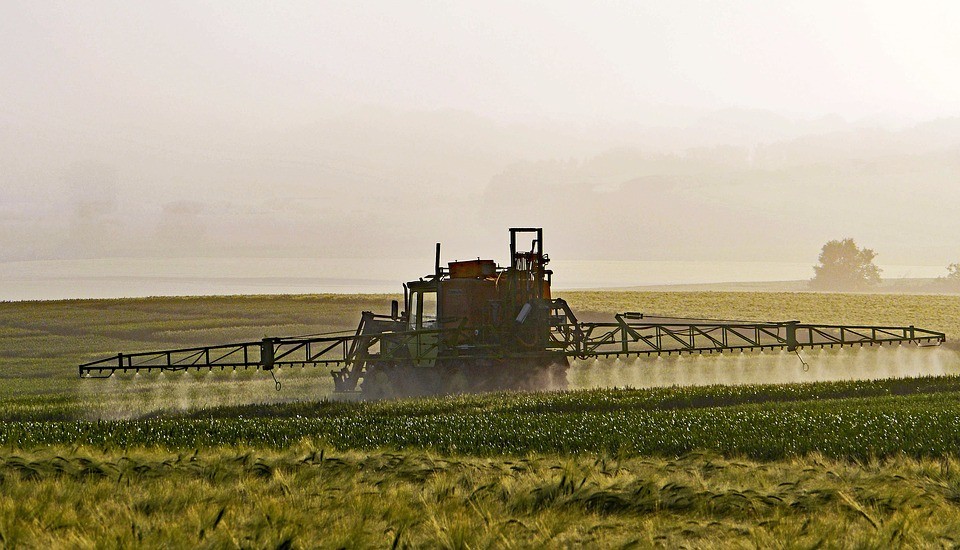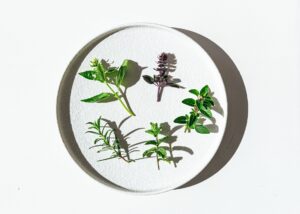I look at the hands of a farm worker on a soy plantation in Argentina who uses genetically modified seeds and glyposate. His nails are burned after nine years of work, he also has non-alcoholic cirrhosis of the liver.
I look into the face of a little boy whose parents sprayed pesticides on tobacco fields, his skin is flaky and his eyes are empty.
These are two examples of thousands who have come into contact with glyphosate. In Argentina, malnutrition, disease(s) and miscarriages are on the rise. If you think Argentina is far away, you are wrong, because our local factory farm animals are fed with soy from Argentina. Profit is in the foreground, not health. According to molecular biologist Joëlle Rüegg, maximum levels lag behind scientific findings.
But what is this glyphosate? It’s a weed killer – also called Roundup – that a company called Monsanto (producer of genetically modified seeds) launched in the 1970s. It is sprayed on fields to stop wild herbs from spreading. The crops do not die because they have been genetically modified so that they do not suffer any damage. These seeds are also supplied by Monsanto.
But what does it mean that we eat genetically modified plants? What effects do these have on our health and what about the toxins from glyphosate?
The toxins do not break down in the body, but are still passed on to the next generation. This was shown by examinations of urine samples. There are no glyphosate controls on our food. The approval of the agent is based exclusively on information provided by the manufacturers. The “selling idea” certainly predominates here.
Eating something that is “unnatural” does have an impact on our health. It is not for nothing that various common disease(s) such as allergies are on the rise.
In addition, the company Novomat has recently discovered that the vegetable oil extraction of a certain thistle produces an acid and when it is processed, it burns the leaves of the unwanted wild plants, but without being absorbed by them. This may bring a new turn in natural weed control in the future.
I recommend the following to minimize pesticide residues:
Buy natural organically grown food, as glyphosate is not permitted in organic farming. Beware of imported goods. Especially in Asia, outdated pesticides are used that are not allowed in our country for health reasons. Here I only advise organic. Eat varied and regional.
Inquire about the origin of your food. In organic shops there is information about the suppliers. There are farm tours at regional providers.







